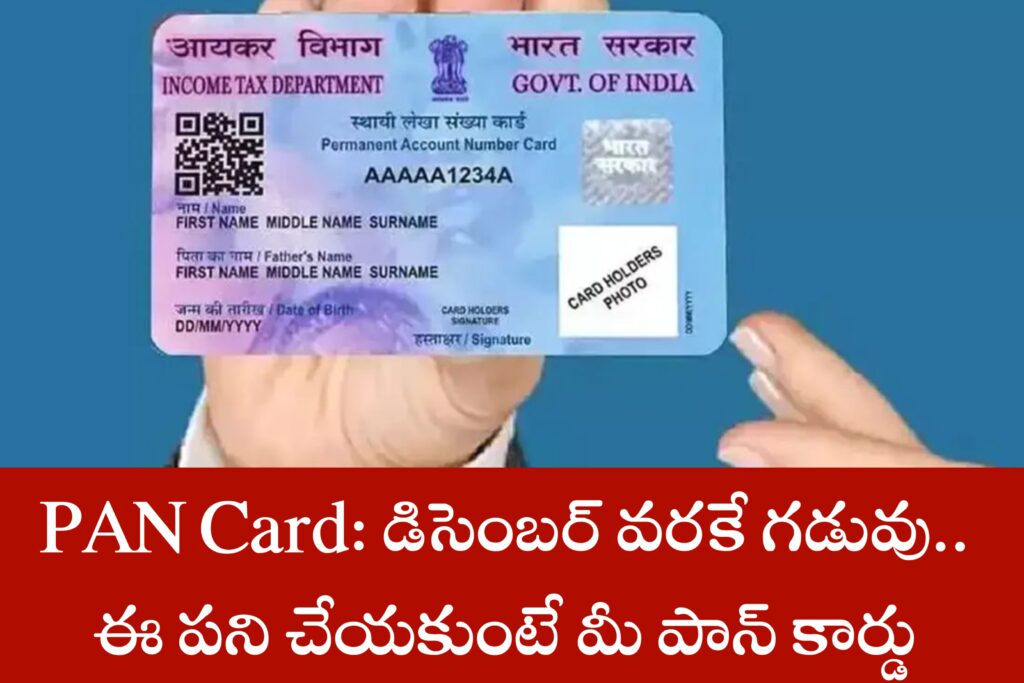New UPI Plugin Feature for Merchants Worries PhonePay and Google Pay
Merchants can now accept payments directly through the new UPI plugin feature introduced by the National Payments Corporation (NPCI). This eliminates the need for using third-party apps like Google Pay or PhonePay. However, this change is causing concern for companies like PhonePay and Google Pay.
Simplifying Payments and Reducing Failures
Before this feature, customers had to use external payment apps like Google Pay or PhonePay to complete UPI payments, which sometimes led to payment failures. With the UPI plugin, merchants can receive payments through virtual payment addresses provided by customers, making the process smoother.
Increasing Success Rates
Payment processing companies like Paytm, RazerPay, and JasPay are offering the UPI plugin to merchants. They claim that this feature can boost payment success rates by up to 15 percent.
UPI Lite Update: Good News For The Users of Gpay or Phonepe
Mixed Opinions on the UPI Plugin
While some companies see the UPI plugin as beneficial, PhonePay’s Chief Technical Officer, Rahul Chari, believes it doesn’t offer significant technical advantages. He argues that the feature shifts the responsibility to sponsor banks and merchant apps without truly enhancing success rates.
Changing the Market Landscape
PhonePay and Google Pay are currently dominant players in UPI transactions. The NPCI’s UPI plugin provides an opportunity for other apps like Swiggy, Amazon, and Zomato to directly collect payments. This could potentially reduce the number of transactions on PhonePay and Google Pay.
Bank Update: Banks Considering 5 days working in a week
Challenges for Merchants
Implementing the UPI plugin requires merchants to integrate it into their apps or websites, often through a third-party application provider like Google Pay or PhonePay. The process involves various approvals from the NPCI and adhering to rules and certifications, which could take more than a year.
Uncertainties for Startups and Smaller Merchants
While bigger companies might tolerate the wait, startups heavily dependent on UPI transactions may struggle due to the extended timeline. They might also lack the technical expertise to smoothly navigate the changes.
Concerns and Considerations
Merchants are concerned that adopting the UPI plugin could tie them to a single bank for UPI accounts. If technical issues arise with that bank, it could lead to problems with payments. As a result, there’s a level of resistance from merchants about embracing the UPI plugin fully.







